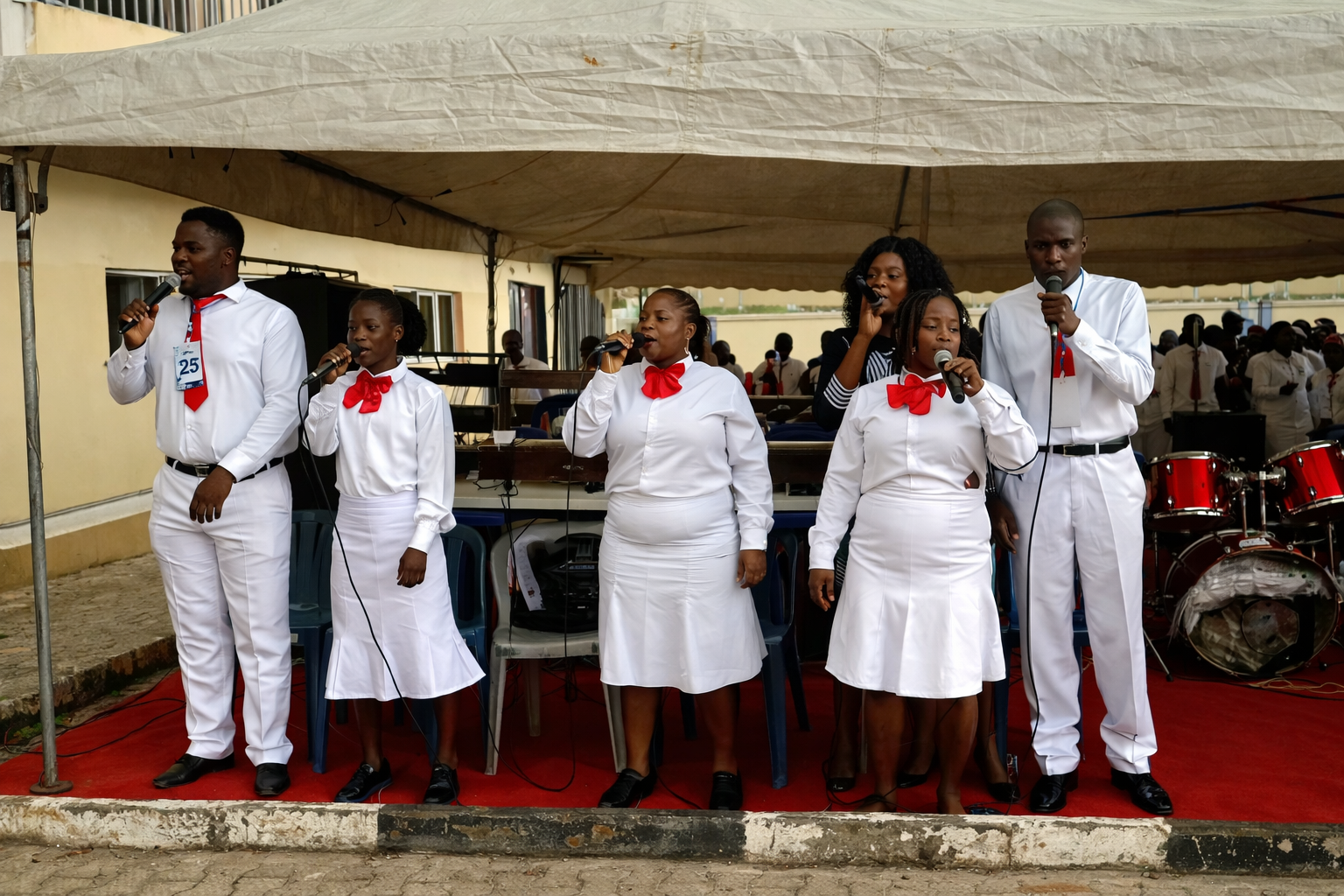The newly appointed Chairman of the Independent National Electoral Commission (INEC), Prof. Joash Amupitan, SAN, has stated that a key priority of his tenure will be to reduce the number of pre-election litigations.
The Guardian reports the electoral body had recorded over 1,000 pre-election cases in the lead-up to the 2023 general elections.
Prof. Amupitan emphasised the need for stronger internal party democracy, improved compliance with electoral guidelines, and early dispute resolution mechanisms to minimise such cases in future elections.
Speaking at the 56th annual national conference of the Nigerian Association of Law Teachers (NALT) at the University of Abuja on Monday, the INEC boss said if political parties adhere to their constitutions and fully comply with the Electoral Act, the number of pre-election litigations would drastically decline.
He called on the National Assembly to ensure that the country’s electoral legal frameworks are strengthened to guarantee credible and fair elections, adding that “My desire is that if we get the law right, even the losers will congratulate the winner. If we get it right, the number of electoral litigations will reduce, even pre-elections.
“Political parties, if they follow their constitution, they follow the Electoral Act and follow the Constitution, I can assure you, the pre-election jurisprudence, litigation alone with diminish, and so it’s going to be one of my top priorities to ensure that the law is used as a means of change to reduce the number of electoral jurisprudence, litigation”.
The three-day event, themed ‘Law, National Development and Economic Sustainability in a Globalised World,’ hosts law teachers, jurists, policymakers, law students, and legal practitioners from across the country.
Prof. Amupitan assumed office last week as INEC Chairman after being sworn in by President Bola Tinubu as the sixth substantive chairman of the body.
Amupitan said that even though legal practitioners might be displeased with the reduction of pre-election cases, the move was necessary to strengthen the credibility of the electoral process, promote fairness within political parties, and ensure that elections reflect the genuine will of the people.
Describing the event as ‘a gathering of brilliant minds,’ he urged young law lecturers to uphold the highest standards of integrity and professionalism, reminding them that their contributions are vital to sustaining justice, democracy, and the rule of law in the country.
He stated that the event is part of the mentoring initiatives and structures established to guide and support young law students.
Amupitan, a member of NALT Board of Trustees, also attended the event with his wife, Prof. Mrs Yemisi Amupitan.
Earlier, NALT President and Dean, Faculty of Law, University of Ibadan, Prof. John Akintayo, emphasised the pivotal role of law as an instrument for promoting inclusive growth, good governance, and economic resilience.
Prof. Akintayo noted that in an increasingly interconnected world, the capacity of countries to align their legal systems with global best practices while safeguarding domestic interests is crucial to sustainable development.
The law lecturer stressed that effective legal frameworks not only ensure accountability and justice but also create an enabling environment for investment, innovation, and equitable resource distribution.
He further called on policymakers to strengthen institutions, modernise outdated laws, and enhance legal education to equip future lawyers to navigate the complexities of globalisation.
According to him, the law must not merely react to change but anticipate and shape it, ensuring that development is anchored on justice, equity, and the rule of law.
Also, Conference Chairman, Prof. Uwakwe Abugu, who doubles as Dean, Faculty of Law, UniAbuja, stated that the conference will feature plenary sessions focusing on agriculture and food security, artificial intelligence, biotechnology, legal reforms, among others.






